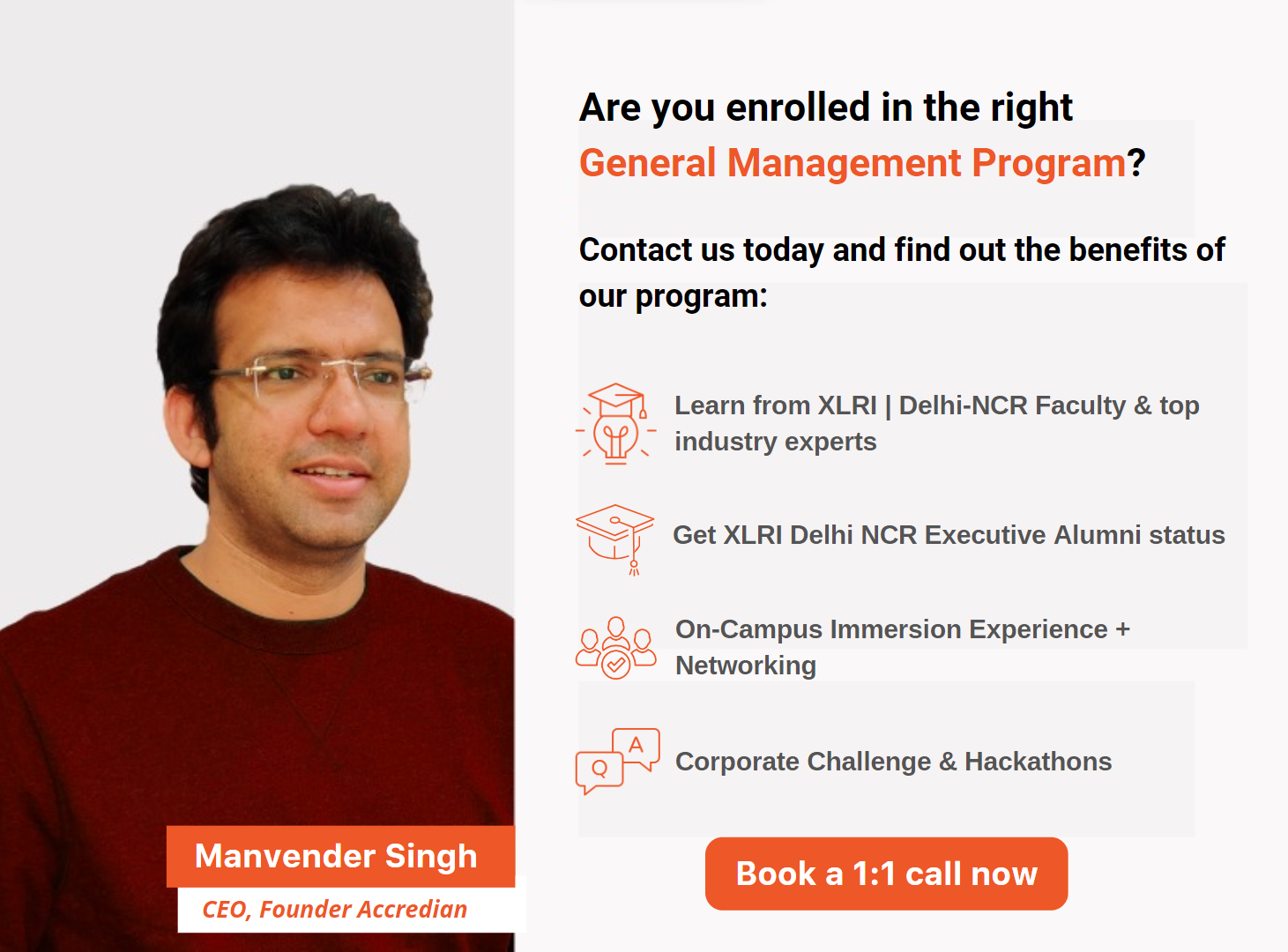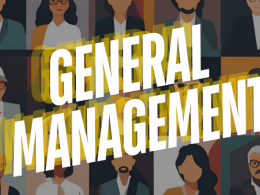Conflict is an unavoidable part of any workplace. As a general manager, have you ever wondered what it takes to not just manage but master the art of conflict resolution?
How can you turn clashes and disagreements into opportunities for growth, innovation, and stronger teamwork?
In this comprehensive blog, we will explore proven strategies and techniques that can help you become a conflict resolution maestro, creating a harmonious and successful work environment.
The Challenge of Conflict
Before we dive into the world of conflict resolution, let’s set the stage with some fundamental questions:
1. What does workplace conflict entail?
Workplace conflict can manifest in various forms, from interpersonal disputes to resource allocation disagreements, differing priorities, and contrasting goals. Recognizing the multifaceted nature of conflicts is crucial for effective resolution.
2. Why is mastering conflict resolution crucial for general managers?
Unresolved conflicts can lead to decreased morale, reduced productivity, and increased employee turnover. The ability to address conflicts constructively is paramount for maintaining a healthy work environment and ensuring your team operates at its best.
3. What qualities make a general manager adept at conflict resolution?
Effective conflict resolution is a blend of active listening, empathy, impartial mediation, and the facilitation of open dialogue. Developing and honing these traits is vital for successful conflict resolution.
Conflict Resolution Strategies
Now, let’s explore a range of time-tested conflict resolution strategies that every general manager should master:
- Active Listening: Active listening is a powerful tool in your conflict resolution arsenal. When parties involved in a conflict feel heard and understood, tensions often start to dissipate. Encourage open dialogue and show genuine interest in what each party has to say.
- Mediation and Neutrality: Your role as a general manager is not to take sides but to act as a neutral mediator. Create a safe space for the conflicting parties to express themselves and guide them toward a mutually acceptable solution.
- Empathy: Understand that conflicts are emotionally charged. Empathy, or the ability to understand and share the feelings of others, can help de-escalate the situation and build bridges between the parties.
- Clear Communication: Miscommunication is a common source of conflict. Encourage clear and transparent communication and ensure that all parties have the opportunity to express their concerns and expectations.
- Focus on Interests, Not Positions: Instead of fixating on rigid positions, explore the underlying interests of each party. Often, by addressing these interests, you can find creative solutions that satisfy all parties involved.
- Seek Compromise: In many cases, a win-win solution involves compromise. Encourage parties to find common ground and be willing to give and take.
- Set Clear Expectations: Prevention is often the best form of conflict resolution. Set clear expectations, goals, and guidelines within your team to minimize potential sources of conflict.
- Document and Follow-Up: Keep records of the conflict and the resolution process. A follow-up can help ensure that the agreed-upon solutions are implemented and that the conflict doesn’t resurface.
- Training and Development: Invest in conflict resolution training for your team. Equip them with the skills and knowledge to address conflicts at an early stage, reducing their escalation.
Conflict Resolution in Action
Let’s bring these strategies to life with a hypothetical scenario. Suppose two key team members are in a dispute over resource allocation. As a general manager, you’d initiate a meeting, create a safe environment for them to share their concerns, and actively listen to their perspectives.
By focusing on their interests rather than their initial positions, you might find a compromise that allows both team members to move forward constructively.
The Art of Conflict Resolution
Conflict resolution is indeed an art, and as a general manager, you’re the artist. Your ability to handle conflicts effectively not only improves the work environment but can also foster innovation and stronger teamwork.
Remember that while conflicts may be challenging, they also present opportunities for growth and positive change. By honing your conflict resolution skills, you’re not just steering your ship through turbulent waters; you’re setting a course for a more harmonious and successful workplace.
As you continue to develop your conflict resolution abilities, you will find that your team’s performance improves, and your organization’s overall health benefits. Conflict is an inevitable part of the workplace, but with the right strategies and a commitment to open communication and understanding, you can transform these challenges into opportunities for growth and success.
Ready to take your General Management aspirations to the next level?
Consider joining Accredian’s Executive Program in General Management. Our program equips you with the knowledge and skills needed to excel in these career paths.
 Pin
PinExplore our blog page for more insights and resources on navigating the dynamic world of General Management.






